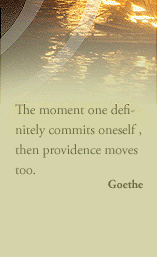Addictions
Addiction is essentially a dependency on using mood altering substances and / or activities in expectation of the rewarding experiences of pleasure or pain relief.
Many of us are drawn to addictions for the altered moods or states of consciousness that they promise, be it freedom, companionship, or relief from pain or boredom. Besides the damage they do, addictions fail in the end to fully deliver on their promises. In reality they leave us less free, more isolated and often with greater pain than before. In counselling we focus on the states promised by the addiction and explore ways to access the promised state without the use of the addictive substance or behaviour.
Whither or not we are involved in substance addiction as in the case of alcohol, cigarettes and drugs for instance or behavioural addiction as in the case of gambling, work or sex, many if not most of us are affected in one way or another by addiction. While we may not be the actual person in the addiction we are often deeply affected by the addiction of a family member or a loved one. Frequently the person’s relationship with the addiction come first with the result that all other relationships suffer and trust is often broken. Life seems to revolve around the behaviour of the person with the addiction.
The isolation, loneliness, frustration, shame, fear, secrecy and many other feelings attached to addiction are very painful indeed.
Change and Ambivalence:
Working with addiction revolves around change and the motivation for change. Often an interesting place to begin is to ask why we don’t change. This may lead us to consider the ambivalence within ourselves in relation to our addiction. Resolving this ambivalence is central to resolving the addiction. The first step is a desire to change which is often what brings us to seek the professional help offered to us in counselling. Here we can expect to be understood and accepted as we are and explore in a non-judgemental way the underlying causes of the addiction. From here we examine our strengths and resources and move from thoughts of change to action. This can lead to healing and the creation of a life that offers us greater freedom and choice and empowers the person to develop a new life that meets their needs in a healthier way
|







